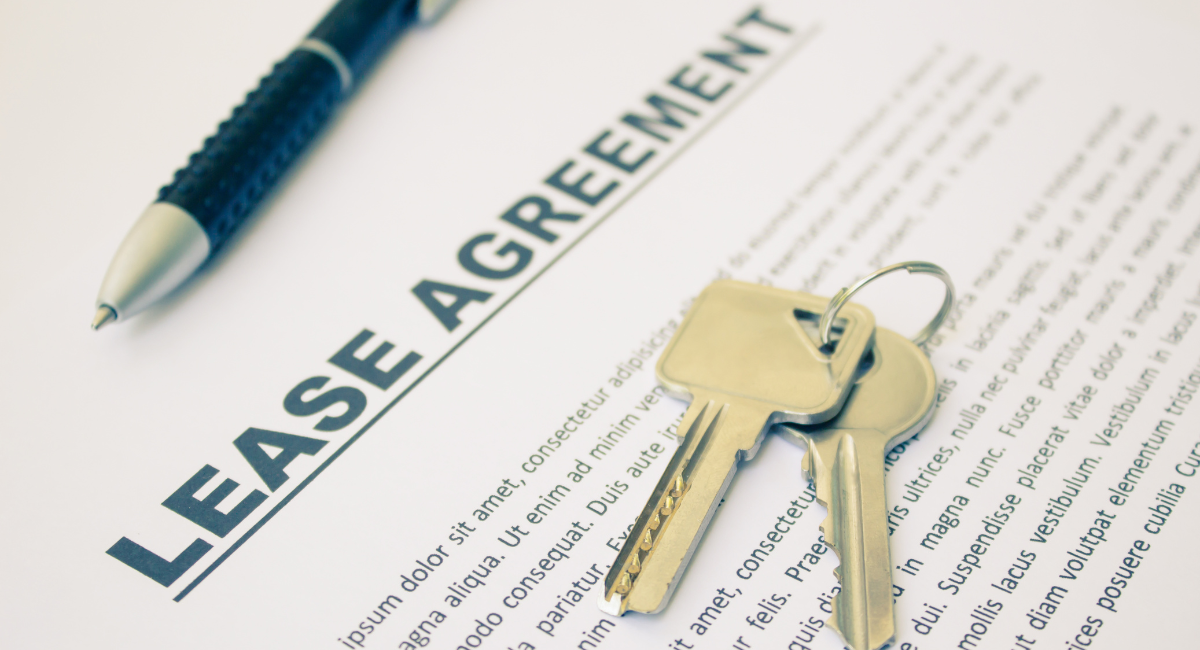What is a property sharing agreement and should I have one?
A property sharing agreement is a document that sets out the rights and obligations of each of the owners where a group of people purchase a property together. It is a useful document to have when buying a property with friends, flatmates, siblings, or extended family, as it can help to avoid disputes, and protect each person’s interests. It can also be required by some banks before lending to a group.
WHAT DOES A PROPERTY SHARING AGREEMENT COVER?
A property sharing agreement generally includes information such as:
- The address and purchase price of the property.
- The details of the parties who are buying the property.
- The initial cash contribution and percentage share of each co-owner.
- The purpose for purchasing the property.
- How the parties plan to pay for outgoings, mortgage payments, maintenance and repairs.
- Whether the parties intend to seek independent legal advice on the implications of the agreement.
- Who the mortgagee is (the bank or other lender).
- Whether the parties want a right of first refusal option, which means that if one party wants to sell their share, they have to offer it to the other co-owners first.
But be aware that there are both benefits and risks to a property sharing agreement.
Benefits can include that the agreement will:
- Help you get on the property ladder faster, by pooling your resources with others.
- Reduce the risk of disputes and misunderstandings, by clarifying the expectations and responsibilities of each co-owner.
- Protect your interests, by specifying how decisions are made, and how conflicts are resolved.
- Provide flexibility, by allowing you to sell your share or buy out another co-owner if your circumstances change.
Some of the risks of a property sharing agreement are that it can:
- Complicate the process of buying and selling a property, as you have to agree with the other co-owners on the terms and conditions.
- Expose you to liability for the other co-owners’ debts, as co-borrowers are usually jointly and severally liable for the mortgage.
- Lead to disputes and misunderstandings, if the co-owners have different expectations or circumstances change.
- Limit your flexibility, as you may not be able to sell your share, or buy out another co-owner, without their consent or the consent of the bank.
To minimise your risks, it is advisable to make a valid property sharing agreement that covers all the important aspects of the arrangement, such as how decisions are made, how costs are shared, and how disputes are resolved. Make sure all proposed co-owners then sign it.
We have experts who can help you to draft your agreement, or to review one that has been provided to you.
Join our Newsletter
Stay tuned
Contact Us
We will get back to you as soon as possible.
Please try again later.



